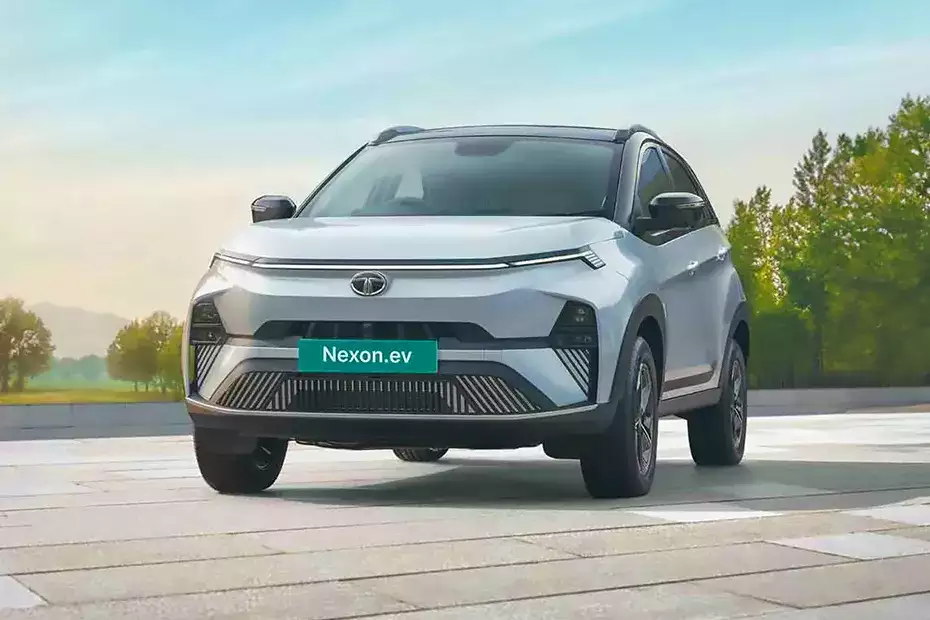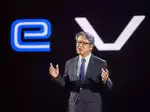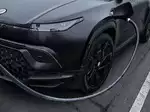TaMo may miss EV target for second year in a row

Tata Motors, India's largest electric vehicle maker, is expected to record lower EV sales this fiscal year, hindering its pursuit of the 100,000-unit target.
The maker of Nexon and Punch EV models recorded a 11.2% year-on-year decline in wholesales or dispatches to dealers at 42,778 units in the first eight months of this fiscal year through March. With just four months left for this fiscal, the company faces an uphill task of surpassing FY24 sales of 73,844 electric vehicles. Lower sales this year would mark a sharp reversal for the company after a 48% surge in FY24. It would also be the first sales decline for Tata Motors since it entered the electric vehicle segment in FY21.
A broader slowdown in the Indian car market and withdrawal of certain state and central government EV incentives, besides intensifying competition is impacting Tata Motors' EV ambitions. The company's weak performance is despite the addition of two new models-Punch.ev and Currv.ev during the year.
This will be the second year in a row when the Tata Group automotive flagship will be missing the targeted 100,000-unit sales mark. N Chandrasekaran, chairman, Tata Motors and chairman, Tata Group, had spoken about the company's target of doubling EV sales in FY24 from FY23 at the company's annual general meeting in July 2022. Having missed the target in FY24, Tata Motors had hoped it would achieve the milestone this fiscal.
"In FY25, the entire passenger car industry is witnessing flattish growth and the slowdown in the EV adoption curve can be corelated to this. Further, discontinuity in central and state policies incentivising EV purchase have also contributed to this slowdown," a Tata Motors spokesperson said in an email response. "With EV being the destination technology for the passenger car industry and as its market leader, we remain focused on developing the market for mainstreaming EVs."
Changing policies on EV incentives by state governments have impacted sales, said Puneet Gupta, director at S&P Global Mobility. Delhi and Telangana had halted incentives but later resumed it. Maharashtra did not extend it while Haryana stopped it. UP extended incentives on EVs to hybrids as well.
"Despite so many unknowns and hurdles, Tata Motors is credited for being the category creator and leading the on-ground EV revolution," said Gupta. According to him, the benefits of registration duty on hybrids by a few states has also caught the eye of customers and weaned them away from EVs and can delay further EV penetration in India. Moreover, charging infrastructure and range anxiety remain a deterrent for those using EVs for intracity travel.
However, some believe there is more to Tata Motors' slowing EV sales than discontinuation of incentives and slowdown in the market. The overall market itself has slowed and likely to end the fiscal with a 2% growth over last year, said an analyst at a brokerage.

